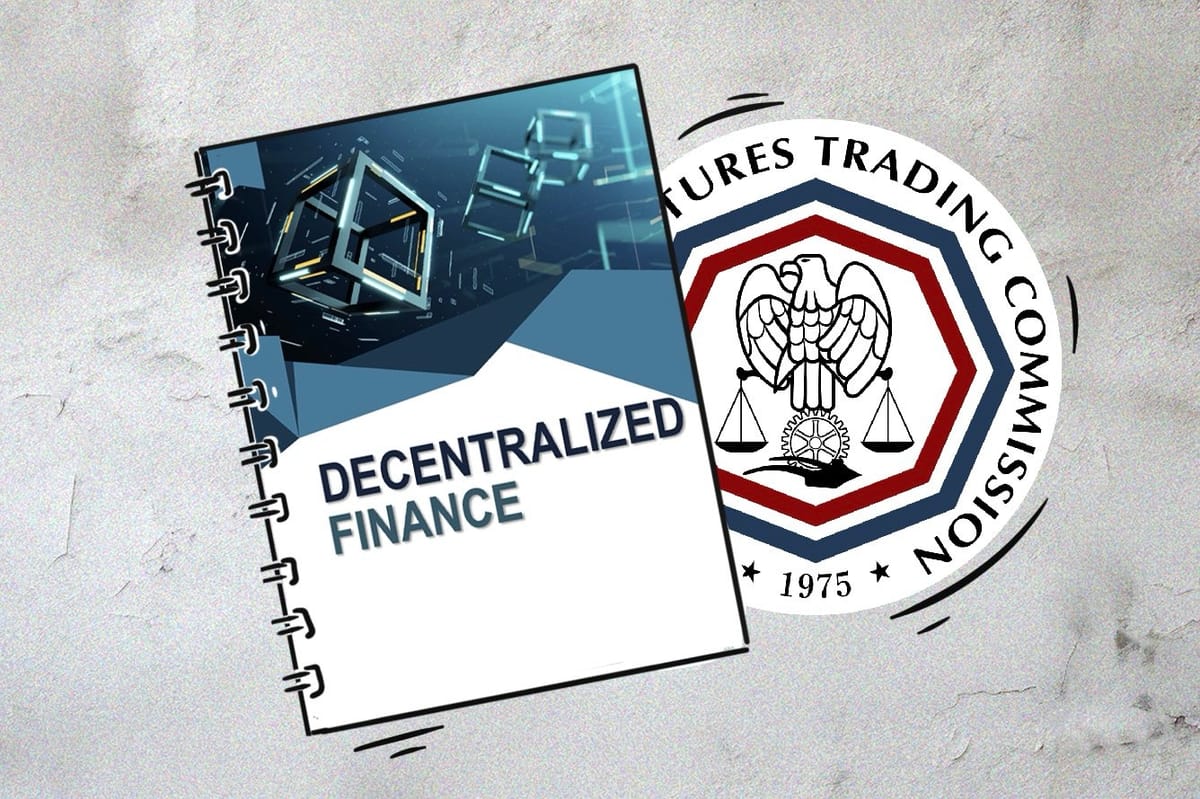
The U.S. Commodity Futures Trading Commission (CFTC) is urging government agencies to join forces with market players to regulate decentralized finance (DeFi).
This week, the Commission published its first-ever report on the emerging industry, drafted by the DeFi, TradFi, and other experts who comprise the CFTC’s technology advisory committee.
The document aims to help policymakers better understand DeFi so that they can take a proactive stance in mitigating its risks. CFTC Commissioner Christy Goldsmith Romero announced, "I hope that this report can serve as a first step to facilitate a dialogue between policymakers and industry particularly because DeFi remains at the center of illicit finance risks, cyber hacks and theft.”
Although the current market capitalization of DeFi projects, around $59 billion according to DefiLlama, is far less than it was at its height of $3 trillion, the sector is maturing due to an expanding supply of investing opportunities and the increasing incursion of cryptocurrency into the everyday lives of millions of people.
In 2022, losses in the crypto market surpassed $2 trillion. In 2023, the gross value DeFi projects lost was way smaller than the year before - amounting to around $1 billion per IntoTheBlock estimates, but that still accounts for 2% of total revenue. The CFTC blames the losses on “insufficient due dilligence by investors, significant regulatory gaps, a lack of effective industry self-policing, and the widespread failure to promote a culture of regulatory compliance.”
As a first step, the CFTC’s technology advisory committee asked policymakers to close the technological gap between them and DeFi. While current legislation falls short of the challenges of decentralized finance, the report suggests regulatory agencies should survey the existing regulatory perimeter to avoid “future gaps in regulation.”
CFTC experts recognize that policy objectives in the complex web of government agencies often collide, making appropriate legislation harder to attain. Still, they understand collaboration with domestic and international regulatory agencies to be “integral to the success” of DeFi.
The idealism and excessive optimism in the field make the promise of DeFi a tricky one. “It is difficult to imagine precisely what this future - more decentralized - financial system might look like,” the report says. “Not only would this system likely be very different from the one we have today, but most of it does not exist yet - and maybe never will.”
Whatever DeFi becomes in the following years, experts agree that the lack of regulation hinders its growth and represents a risk to investors. But while the CFTC recognizes a need for regulators to change their stance and actively start to regulate DeFi, are U.S. government agencies willing to do so?

